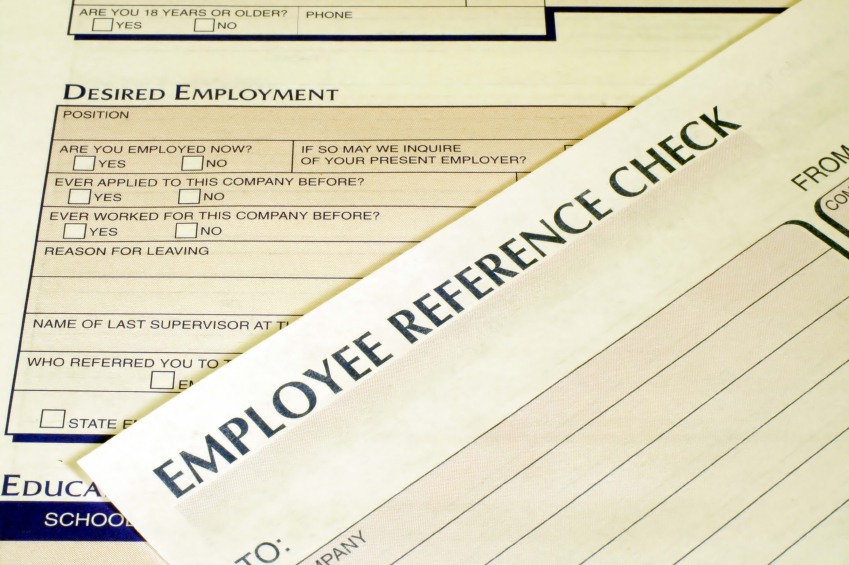
Memory Nguwi REFERENCE checks are a process in which an employee’s background or qualifications are verified.
The purpose of the reference check is to verify and document the accuracy of the information gathered from the previous steps (interviews, CVs etc) in this process.
We must verify the accuracy of the information collected in the previous steps to avoid any potential liability for the employer.
A reference check is a method of checking the qualifications and abilities of the candidate.
It is done to ensure that the candidate is qualified for the job.
It is a process of evaluating the records of a person or persons to validate the information.
Reference checks include verifying educational credentials, past employment history, references, and other relevant information.
Reference checks can be time-consuming, but they are critical in the hiring process.
- Chamisa under fire over US$120K donation
- Mavhunga puts DeMbare into Chibuku quarterfinals
- Pension funds bet on Cabora Bassa oilfields
- Councils defy govt fire tender directive
Keep Reading
According to the Bureau of Labour Statistics, the time spent on an average reference check is approximately one hour.
The following are the benefits of reference checks:
It decreases the chance of fraud; and
It decreases the chance of the applicant being hired for a position that they are not qualified for.
A reference check is done when an employer seeks information about an employee.
It is a process of verifying the qualifications and abilities of the candidate. It is done to ensure that the candidate is qualified for the job.
It is a process of evaluating the records of a person or persons to validate the information.
The company will contact the references provided by the candidate to verify that the information provided is accurate.
After the information is verified, the company will make sure that the references have no interest in the position being offered.
It is important that the references do not have any prior relationship with the company.
A job applicant will provide the names and contact information of four people they feel would be good references for the job.
The contact information would include the person’s name, work address, contact number, and email address.
A reference check report is a summary of the information provided by the references. It contains a summary of the reference’s knowledge about the applicant. It includes the information that the employer will use in the hiring decision.
While reference checks are important, the majority of them are not reliable. Job candidates often refer to people they know that would give them a good reference.
Research has shown that reference checks in the common way they are practised are unreliable at predicting employee performance. Some put the reliability at less than 1%.
There are more improved versions of the reference checks where the employer does not rely on the references provided by the job candidate.
Instead, they would subtly reach out to former employers, and sometimes openly. They do not do, though, reach out to the current employers for fear of souring the relationship between the employer and the job candidate.
When I look at how most of the reference checks are done, I feel they are a waste of time. It cannot be true that all the people looking for jobs are good performers and have good character.
I say so because they are predominantly academic exercises, as close to 90% of them give positive character and performance references.
Should employers abandon reference checks completely?
If employers would like to benefit from reference checks, they should do them properly.
I urge them to ignore the references listed by the job candidate and instead look for their contacts, which may have sufficient information about the candidate.
Other employers have started more detailed reference and background checks, including checking the social media footprint for character references.
While they are controversial and most job candidates detest them, it is becoming common even in Zimbabwe.
I know of people who failed to get jobs because they posted obscenities or divisive political messages on their social media handles.
Some are rejected for publishing messages that tend to show racial discrimination.
To the employer, if you want to benefit from reference checks, do them well.
The job seeker should always maintain a professional record on and off work as this often haunts you in your job search.
- Nguwi is an occupational psychologist, data scientist, speaker and managing consultant at Industrial Psychology Consultants (Pvt) Ltd, a management and human resources consulting firm. — https://www.thehumancapitalhub.com or e-mail: [email protected].











